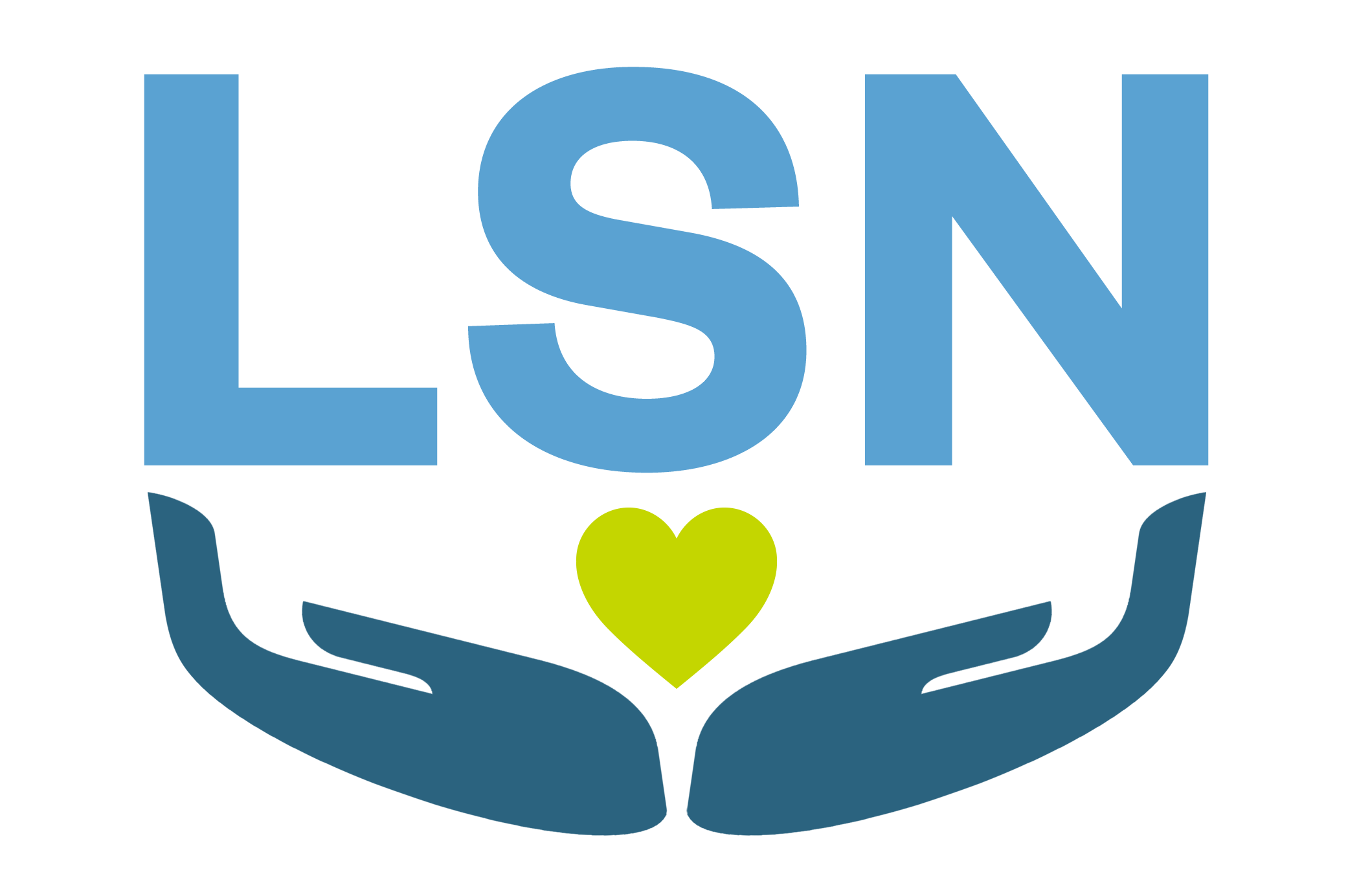Trauma Reminders: Anniversaries

This Wednesday, Aug. 28, marks one year since the tragic loss of Zijie Yan, Ph.D., who was killed in a shooting on our campus. Dr. Yan was an associate professor in the applied physical sciences department in the College of Arts and Sciences and had been a member of our faculty since 2019. He was a respected colleague, mentor and friend to many on our campus.
It's common to react to trauma-related cues. The date of a traumatic event from your past may bring up feelings or distress, even years later. These "anniversary reactions" can happen on the actual date of an event or unexpectedly.
Anniversary Reactions Overview
Trauma memories include cues that remind us about the danger we faced. These memories help us understand how to feel in similar situations. Sometimes, parts of the memory signal danger in a way that is unhelpful, like rain being seen as dangerous to survivors of a traumatic hurricane. On anniversaries, these cues can resurface, intensifying emotions and making it difficult to focus on daily life.
Public events can cause more intense trauma reminders due to media attention. Watching media about a public trauma may raise fears of a similar event in the future. Anniversaries can also create distress because we may anticipate the reminder, dread the date, worry about struggles, or judge ourselves for still having feelings about the event.
The anniversary of a traumatic event is not always negative; it can be an opportunity for growth. The anniversary of a tragic loss can offer a chance for reflection and healing. Whether through honoring a loss, finding closure, or engaging in community support, the anniversary of a trauma can be a time to process emotions and make meaning of the experience.
Strategies to Feel Better
- Reflect: Check in with how you are feeling. Acknowledge what has changed since the event. Consider creating rituals or practices that support healing.
- Make Plans: Engage in activities that bring meaning or joy, such as visiting a memorial, donating to a charity, or spending time with loved ones.
- Focus on self-care: Prioritize sleep, nutrition, and physical activity. Relaxation techniques like breathing exercises can be helpful.
- Lean on social support: Share your feelings with trusted friends or family, or simply spend time with people you adore.
- Give yourself time: It is normal to be reminded of a trauma on the anniversary day. Ask yourself if you are holding on to negative thoughts or behaviors, and if there are more helpful ways to think or act. Healing and grief take time to unfold, and the process is different for everyone.
- Consider asking for help: If an anniversary causes distress, you can seek support from many places at Carolina including professional mental health providers.
This content is based on info from U.S. Department of Veterans Affairs

